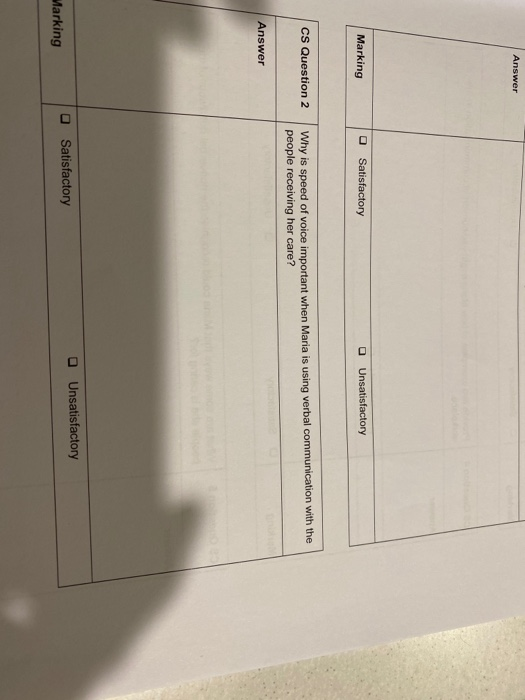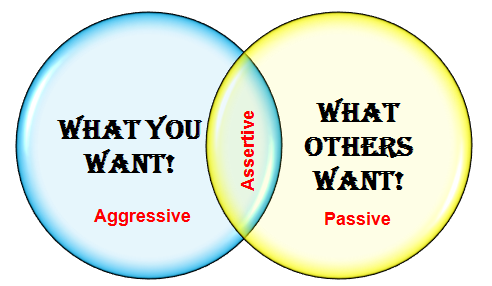More Communication May Not Be What Your Relationship Needs: Surprising Truth
We often hear that communication is key in relationships. But is more always better?
Sometimes, adding more words can complicate things rather than resolve them. In the quest for better relationships, the advice to communicate more is common. Yet, this approach might not always help. Excessive talking can lead to misunderstandings or unnecessary conflicts.
Sometimes, silence or thoughtful pauses can convey more than endless words. It’s important to recognize when to speak and when to listen. True understanding comes from balanced communication, not just quantity. Knowing your partner’s needs and respecting their space can be more valuable than talking at length. Explore how less might be more in nurturing a healthy relationship. Discover ways to connect without overwhelming each other with words.

Credit: www.amazon.com
Communication Myths In Relationships
Communication is vital in any relationship. Yet, not all communication is helpful. Many myths surround communication. These myths can lead to misunderstandings. And sometimes, more harm than good.
Common Misconceptions
People often think more talking solves problems. This belief is common. But it’s not always true. Talking too much can overwhelm your partner. They might feel pressured or misunderstood. Silence can be just as powerful.
Another myth is that honesty always helps. Blunt honesty can hurt feelings. It’s not always the best approach. Kindness and empathy matter too.
Impact Of Overcommunication
Too much talking can tire both partners. They might start to avoid conversations. This avoidance can lead to distance in the relationship.
Overcommunication might lead to repeated arguments. This repetition can make problems seem bigger. It can create a cycle of negativity.
It’s crucial to find a balance. Listening is as important as speaking. Silence can be a tool for reflection. Choose words wisely. And remember, actions speak louder than words.
When Less Is More
In relationships, more communication isn’t always the answer. Sometimes, speaking less helps more. Constant talking can cloud understanding. It may create unnecessary conflicts. The key is understanding when less becomes more valuable.
Quality Over Quantity
High-quality conversations matter more than frequent ones. Deep talks build stronger connections. They foster trust and understanding. It’s not about talking all the time. It’s about meaningful exchanges. These conversations often lead to stronger bonds.
Listening Vs. Speaking
Listening is more powerful than speaking. It shows care and respect. Being a good listener helps partners feel valued. It prevents misunderstandings. Listening allows you to learn about your partner. It provides insights into their feelings.
Understanding Emotional Needs
Understanding emotional needs is crucial for a healthy relationship. Many assume more communication solves problems. Yet, sometimes, deeper emotional understanding is key. This involves connecting beyond words. It requires recognizing what the heart truly seeks. Knowing how to meet emotional needs strengthens bonds. This section explores the essence of emotional needs in relationships.
Identifying Core Needs
Every person has unique emotional needs. These needs shape how they connect with others. Recognizing these needs helps partners understand each other better. It might be a need for security or affection. Some may seek validation or appreciation. Identifying these needs is the first step. It allows partners to respond more effectively. This understanding builds trust and empathy.
Balancing Emotions And Words
Words alone may not express true feelings. Emotions often tell a deeper story. Listening to emotions is as important as listening to words. Sometimes silence speaks louder. A gentle touch or a reassuring presence can convey more than speech. Balancing emotions with words creates harmony. It nurtures a more fulfilling relationship. Partners learn to communicate in a richer way.

Credit: www.amazon.com
Alternative Connection Strategies
Not every relationship thrives on constant communication. Sometimes, less talking and more listening can build understanding. Exploring alternative ways to connect, like shared activities, can strengthen bonds without words.
In relationships, we often think that more communication is the solution to every problem. However, sometimes words can complicate things further. Instead, exploring alternative connection strategies can nurture your bond without the need for endless conversations. You might find that actions speak louder than words, and shared moments can strengthen your relationship more effectively.Non-verbal Communication
Did you know that a simple gesture can convey more than a lengthy conversation? Non-verbal cues like a smile, a hug, or even eye contact can communicate warmth and understanding. These gestures often break down barriers and foster closeness. Remember a time when a comforting touch meant the world? Such moments create a silent dialogue that builds trust and affection. Consider how your body language and expressions can enhance your connection. By being more mindful of these cues, you invite harmony without uttering a single word.Shared Experiences
Think back to the last time you shared a fun activity with your partner. Those moments tend to create lasting memories and strengthen your bond. Whether it’s cooking together, hiking, or even watching a favorite movie, shared experiences offer a unique way to connect. Engage in activities that both of you enjoy. It doesn’t have to be extravagant. A simple walk in the park can be just as fulfilling. These experiences allow you to understand each other better, creating an unspoken camaraderie. What new experience can you try today? Look for opportunities to share time and laughter. These moments can foster a deeper connection than words ever could.Building Trust And Intimacy
Building trust and intimacy doesn’t always need more talking. Sometimes, less communication brings more understanding. Silence can create space for reflection and connection.
Building trust and intimacy is often seen as the cornerstone of any successful relationship. However, many people assume that more communication is the magic solution. Surprisingly, sometimes less talking and more listening can do wonders. It’s about creating an environment where both partners feel safe and vulnerable, leading to deeper connections. ###Creating Safe Spaces
Creating a safe space is essential for fostering trust and intimacy. It involves being fully present and attentive when your partner speaks. Show genuine interest and avoid judgment. Think about a time when you felt truly heard. How did that impact your relationship? When you provide a safe space, your partner feels valued and respected. Consider setting aside regular times to talk without distractions. This could be during a walk or over a quiet dinner. Create a ritual that suits both of you and stick to it. ###The Role Of Vulnerability
Vulnerability can be intimidating, yet it’s crucial for deepening intimacy. Sharing your fears and dreams opens the door to authentic connections. It signals trust and invites your partner to do the same. Recall a moment when you revealed something personal and your partner responded with understanding. How did that make you feel? Vulnerability builds a bridge to emotional closeness. But vulnerability isn’t about oversharing. It’s about sharing what’s meaningful and timely. Ask yourself, what are you comfortable sharing now that could bring you closer to your partner? Balancing vulnerability with privacy is important. Not every thought needs to be shared immediately. Trust grows when you respect your own and your partner’s boundaries. In the journey of building trust and intimacy, remember that communication is more than words. It’s about the quality of the interactions and the emotional safety you create together. What steps will you take today to nurture this in your relationship?
Credit: www.instagram.com
Frequently Asked Questions
Is Lack Of Communication A Reason To End A Relationship?
Yes, lack of communication can end a relationship. Effective communication builds trust and understanding. Without it, misunderstandings and resentment can grow. Prioritizing open dialogue helps resolve issues and strengthens connections. Consistent communication is essential for a healthy relationship. Address communication gaps early to prevent relationship breakdowns.
Should You Communicate Your Needs In A Relationship?
Communicating your needs in a relationship is essential for healthy connections. It fosters understanding and prevents misunderstandings. Expressing desires openly ensures both partners feel valued and heard. Prioritizing honest communication strengthens trust and emotional intimacy. This leads to a more fulfilling and harmonious relationship.
What Is The 70/30 Rule In A Relationship?
The 70/30 rule in relationships suggests spending 70% of time together and 30% apart. This balance fosters independence and personal growth, while maintaining closeness. It helps partners nurture individual interests and friendships, enhancing the relationship’s overall quality.
Conclusion
Balancing communication is key in relationships. Too much can overwhelm both partners. Quality over quantity often brings better understanding. Listening more can strengthen the bond. Silence can be comforting too. Relationships thrive on mutual respect and patience. Focus on what truly matters to both of you.
Share moments, not just words. Every relationship is unique. Find what works best for yours. Be present and attentive. Less can sometimes mean more. Remember, love speaks in many ways.


